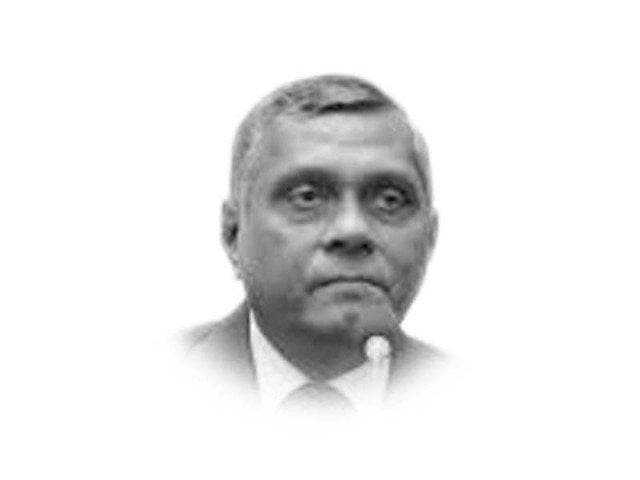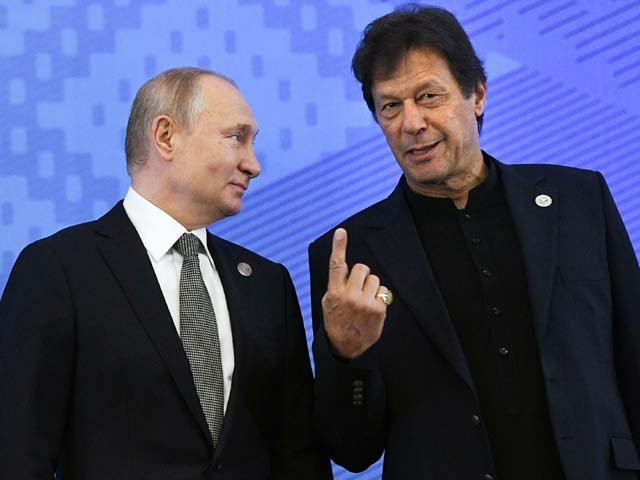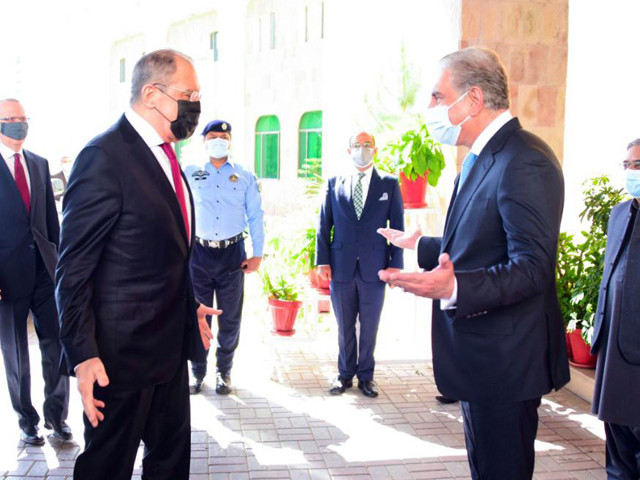
Following the Moscow conference and the Heart of Asia conference held in Dushanbe, the Istanbul peace initiative is scheduled to be held this month which will exclusively focus on the Afghan peace process. In the meantime, Afghan President Ashraf Ghani is expected to reiterate his three-phase peace plan on Afghanistan which he presented at the Dushanbe conference and will try his utmost to seek support from the participants of Istanbul conference.
The Afghan president used the Heart of Asia conference to present his three-pronged peace plan as a counter to the US peace initiative which had called for an interim government inclusive of Taliban. The core of his peace plan calls for a “sovereign, democratic, united, neutral and connected Afghanistan” which looks quite ambitious. According to the Reuters news agency, the first phase calls for “a consensus on a political settlement and an internationally monitored ceasefire”. Phase two of his peace plan centres on “holding a presidential election and the establishment of a government of peace and implementation of arrangements for moving towards the new political system”. The third and final phase calls for “building a constitutional framework, reintegration of refugees and development for Afghanistan moving forward”. Attended by the foreign ministers of 15 countries, the Heart of Asia conference is supported by 17 countries and 12 regional and international organisations with a purpose to give a ‘jump-start’ to the Afghan peace process which has a question mark because of Taliban’s refusal of adhering to the Afghan constitution and Ashraf Ghani’s call for an early presidential elections.
Believing in multilateralism and in an inclusive approach unlike his predecessor Donald Trump, President Joseph Biden is committed to taking the world along with America and not the world without America. Therefore, he is focusing on taking on board the UN and other stakeholders to actively participate in Istanbul conference. Talking to CNN the other day, US Secretary of State Anthony Blinken said, “So, we’ve put some energy into the diplomatic effort in sharing some ideas with the Afghan government, with the Taliban, in bringing them together, including a conference that will take place in the weeks ahead in Turkey. Having the UN play a more prominent role in bringing people together and also, getting all the neighbors and other countries who have both an interest and an influence in Afghanistan to actually engage.”
Prudence and wisdom seem to be the difference between the US under Trump and Biden, as unlike the former, the latter is pursing multi-stakeholder approach to deal with impediments which are quite obvious in the Afghan peace process. Knowing that the Taliban will not agree to Ghani’s three-pronged peace plan and they have also warned of serious consequences if the US fails to withdraw militarily from Afghanistan by May 1, the Biden administration is now using diplomatic and political channels to seek support from other stakeholders including Russia, Turkey, Iran, Pakistan, India and the Central Asian neighbours of Afghanistan to pre-empt a surge of violence.
How the Istanbul conference will be different from the Moscow and Dushanbe events depends on how serious and committed the participants would be on bridging the gap in various positions and focusing on the future of Afghans who have been suffering from violence since 1973. Flexibility, prudence and statesmanship are three major requirements which must be taken into account by the participants of Istanbul conference so that the future of Afghanistan is different from the present and the past. It is yet to be seen if more peace plans will be presented by the participants or only Ghani’s peace proposal will be discussed during the conference. So far, the three-pronged peace plan presented by the Afghan President seems to be the only well-structured initiative which can be analysed from three different angles.
First, it is not only the Kabul regime that has a stake for remaining in power but there are other forces that are unwilling to give any space for the Taliban to seize the opportunity in the wake of the withdrawal of American forces. It is also possible that the Ghani’s peace plan has a tacit approval of the US as it cannot openly support the Kabul regime but can certainly approve a plan which calls for peace through dialogue and political process. The idea is to keep the Taliban at bay in the Istanbul conference and project their intransigent and undemocratic stance as a major impediment.
Second, the pros and cons of Ghani’s peace plan seek a political and peaceful way to normalise situation in Afghanistan. There is nothing wrong when he calls for sovereign, democratic, united, neutral and connected Afghanistan provided enough political will is expressed by the concerned stakeholders for an internally supervised ceasefire, presidential elections and a new constitutional framework for a smooth transition from decades of violence and war to peace in Afghanistan. Earlier, President Ghani had not given a positive response to the ‘secret’ letter from Secretary of State Anthony Blinken in which he called for an interim government to also comprise Taliban representatives. The biggest challenge for Ghani will be to convince Taliban about his peace plan because without their support such an initiative cannot take off. If the onus for a comprehensive peace settlement lies with the Taliban and the US, equally responsible should be the Kabul regime and other political forces in Afghanistan. External stakeholders also matter a lot for a possible breakthrough in Istanbul conference. In his peace plan, Ghani failed to mention how trust and confidence can be built among the various Afghan stakeholders. So far there is no headway in the intra-Afghan peace talks, and without seeking consensus and understanding between the Taliban and their Afghan stakeholders on the mechanism of peace and stability, it will be difficult to seek an innovative breakthrough.
Third, it depends on the Afghan government to engage other participants of the proposed Istanbul conference on seeking their input on the three-phase peace plan. So far there is no clear response from Pakistan whether it will support or oppose the peace plan. Foreign Minister Shah Mahmood Qureshi had, in his speech at the Heart of Asia conference, made it clear that the Doha agreement should be the basis of any future peace agreement on Afghanistan.
The perception in Washington and elsewhere that without the support of Taliban and Pakistan, no peace proposal may materialise is however devoid of truth. If some stakeholders in the Afghan peace process are trying to depict synergy between Pakistan and Taliban, they are not right because Islamabad unlike the past is not interested in siding with Taliban because of adverse repercussions of such a policy. Taliban’s fundamental weakness, which is also the strength of their opponents, is their consistent aversion to following a constitutional and political path for seeking power.
In order to prevent further bloodshed and violence in Afghanistan, it is imperative that the UN takes control of the country which can be mandated by the Security Council and supported by the upcoming Istanbul conference.
Published in The Express Tribune, April 11th, 2021.
Also read with this above article: Afghanistan: a hard choice/9 April's Dawn





 Russian FM is being received by his Pakistani counterpart upon arriving at the Foreign Office. PHOTO: TWITTER/@SMQureshiPTI
Russian FM is being received by his Pakistani counterpart upon arriving at the Foreign Office. PHOTO: TWITTER/@SMQureshiPTI